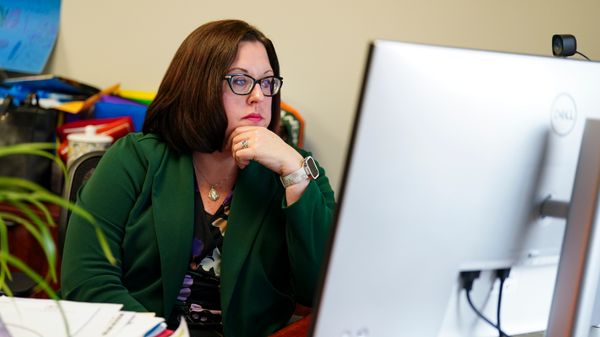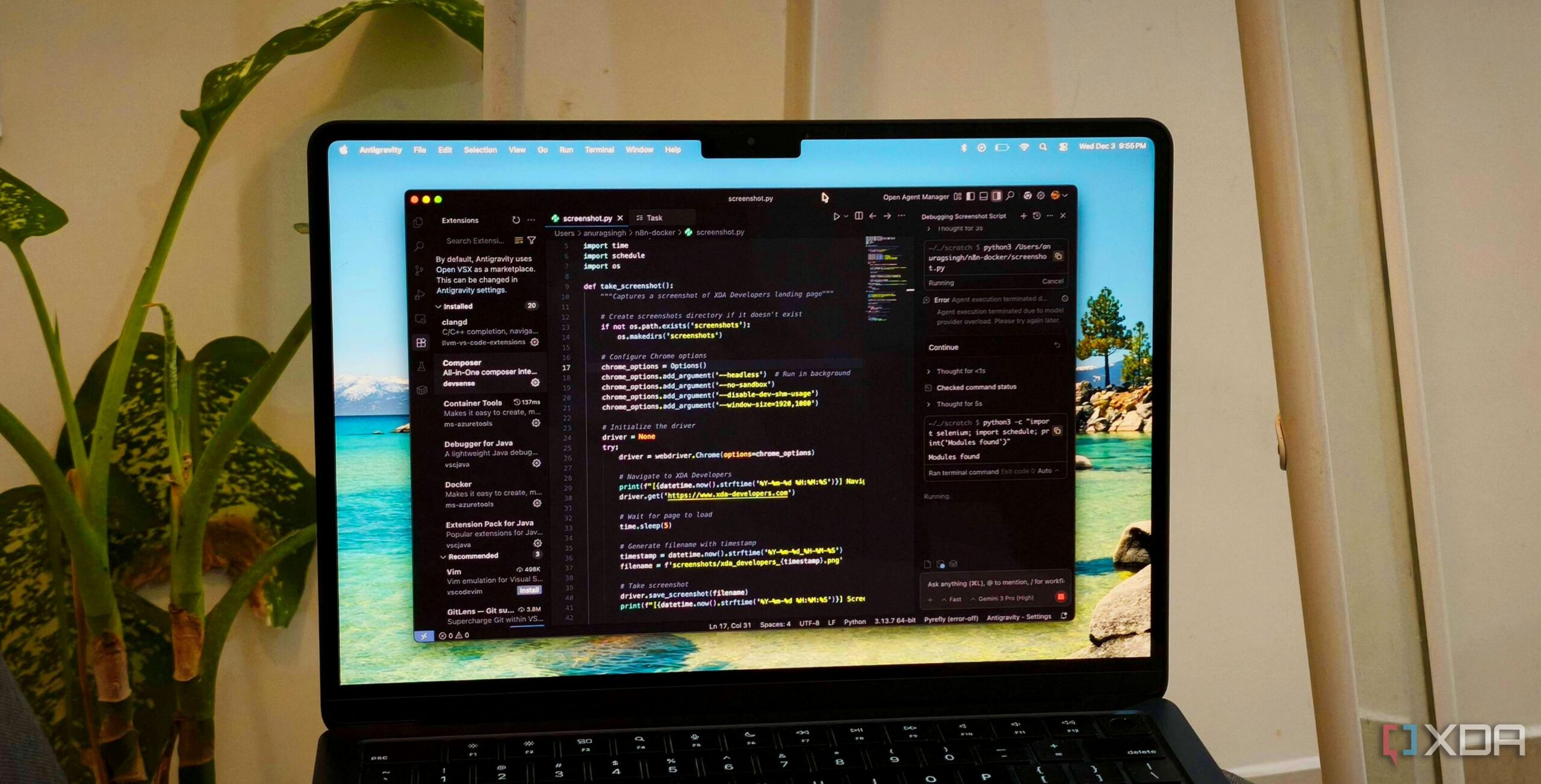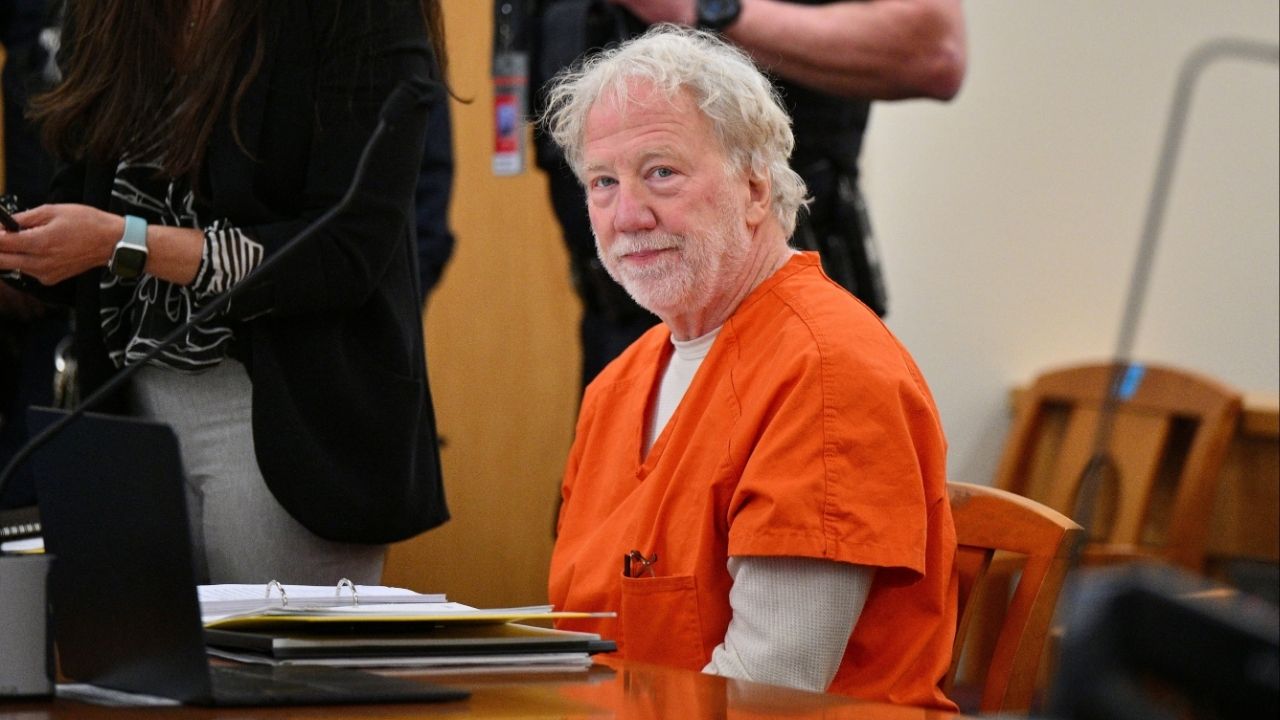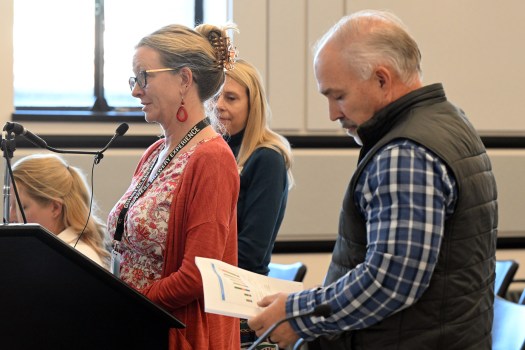URGENT UPDATE: Schools across Pennsylvania are facing severe funding crises, forcing administrators to cut vital programs, freeze hiring, and take on expensive loans due to a nearly four-month delay in the state budget. The impact is widespread, affecting both urban and rural districts, with low-income schools experiencing the harshest consequences.
The budget impasse has left many school districts scrambling for resources, with some, like the Greater Johnstown School District, turning to loans to ensure they can continue operations. Superintendent Amy Arcurio expressed deep concern, stating, “This impasse is kinder and gentler in communities that aren’t like mine.” Johnstown, primarily serving a struggling former steel city, has been particularly hard hit, receiving only $12.6 million of its $45.6 million revenue from local taxes, with $25.9 million expected from the state.
Recent reports indicate that districts statewide, including Scranton School District, are already cutting after-school programs and pausing new hires. Superintendent Erin Keating shared that they have implemented drastic measures, instructing staff to “assume they have $0 in every budget.” This strategy aims to preserve essential services through the end of the year, but it has come at a cost, halting professional development and critical meetings.
During a virtual news conference in late October, officials from at least six districts warned of nearing a tipping point, with superintendents reporting that without state funding, they face uninspiring options: eat into reserves or take out loans. Reports indicate a unifying sentiment among districts, with many announcing hiring freezes and delayed payments to charter schools.
The ongoing budget crisis marks the longest impasse since Governor Josh Shapiro took office, raising alarms as schools struggle to maintain funding amid the chaos. With the impasse stretching into November, schools are increasingly forced to make difficult funding decisions to keep their doors open.
Superintendent Christopher Dormer of the Norristown Area School District noted that they have paused hiring and delayed instructional material purchases to cope with the financial strain. Meanwhile, Franklin Area School District is scaling back or suspending critical programs, including early childhood education and behavioral health partnerships.
The repercussions extend beyond immediate cuts. Schools like Schuylkill Haven Area School District are now in a discretionary spending freeze, halting all nonessential expenses. Superintendent Shawn Fitzpatrick stated, “Every nonessential line item…has been paused,” emphasizing the dire need for fiscal restraint.
As districts grapple with these challenges, some, like the Keystone Central School District, are still able to manage, thanks to a more robust local tax base. However, even they are preparing for potential cuts if state funding does not materialize soon.
In a dramatic move, the Greater Johnstown School District took out a $10 million loan to cover payroll through the school year, but Arcurio warned that the interest on this loan could lead to further program cuts. “I am really fearful for what next year is going to be like,” she said, highlighting the uncertainty surrounding future funding.
As the situation develops, the need for immediate action from state lawmakers grows critical. With schools across Pennsylvania now forced to make painful decisions about their futures, the implications of this budget crisis are profound and will likely resonate well into the next academic year.
Stay tuned for further updates as this story unfolds and the pressure mounts on state officials to resolve this urgent funding crisis.







